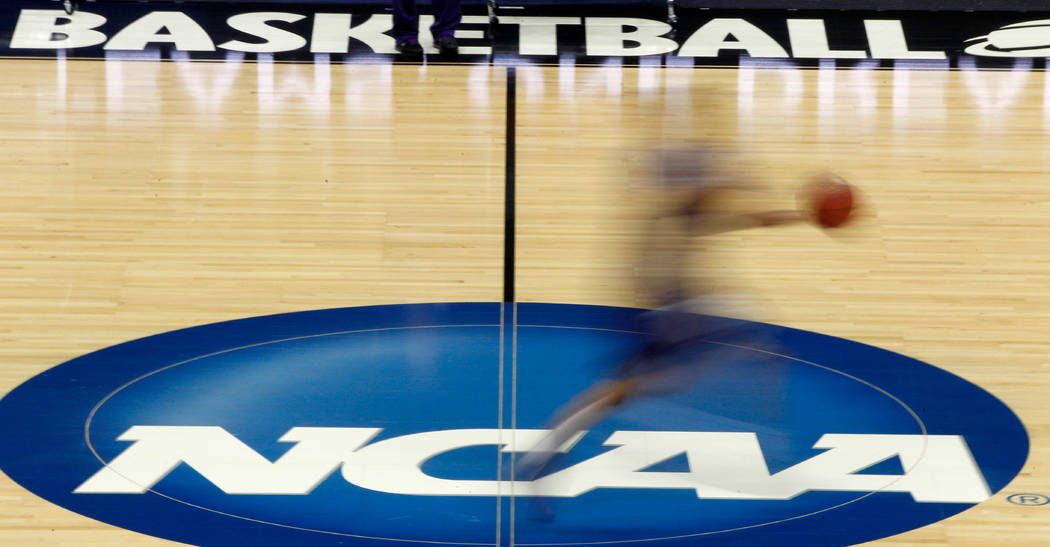VICTOR JOECKS: It’s time to allow college athletes to get paid
California finally has a good idea.
On Monday, Democrat Gov. Gavin Newsom signed the Fair Pay to Play Act. Starting in 2023, it allows college athletes in California to earn money by capitalizing on their fame.
Under current NCAA rules, if an athlete is paid to appear in a TV ad or sign autographs, he loses his eligibility. The new law prohibits California universities from upholding any such standard. It also allows players to hire agents, which has long been an NCAA no-no in most circumstances.
The NCAA justifies these restrictions by claiming to be an association of amateur athletes.
What a crock. A recreational softball league — filled with actual amateur athletes — doesn’t have a billion-dollar TV deal. The NCAA does. In 2016, CBS agreed to pay the NCAA $8.8 billion for an eight-year extension of the rights to air March Madness. ESPN’s contract to air the NCAA’s Bowl Championship Series is worth $5.6 billion over 12 years. Individual conferences, such as the Pac-12 and SEC, also have TV deals worth hundreds of millions of dollars a year.
Elite coaches take home multimillion-dollar paychecks. Athletic directors control fiefdoms generating tens of millions of dollars a year. University presidents turn athletic success into seven-figure donations.
The money is flowing to everyone but the people providing the entertainment — the athletes. Quick, name the commissioner of the Pac-12. Few can, but some guy named Larry Scott made $5.3 million last year filling that role.
The NCAA’s counterargument is that athletes already receive something — scholarships that pay for their education. Scholarships are valuable. Billion-dollar TV deals demonstrate, however, that the worth of college athletes goes beyond free tuition.
Imagine earning $50,000 a year and receiving an offer from another company for $60,000 annually. You ask your boss to match the offer. He tells you that because you already receive something of value from the company, you shouldn’t ask for more.
That response would cause you to quit, and rightfully so. It’s equivalent to the argument the NCAA is making. No wonder, then, that college athletes are fed up.
In a statement, the NCAA objected to laws such as the one California passed because they “will make unattainable the goal of providing a fair and level playing field for 1,100 campuses.”
The NCAA wants cheap players, not a level playing field. If there were a level playing field, UNLV’s football team would average more than one bowl game a decade.
Private businesses couldn’t work together to underpay their employees like universities do to athletes. The companies would be sued for collusion.
All of this makes a powerful case for why college athletes should be paid directly. California’s law doesn’t go that far, but it opens the door for the discussion. Assembly Speaker Jason Frierson and state Sen. Yvanna Cancela, both Democrats, have indicated they’re interested in passing a similar law in Nevada. Good.
It’s time to inject free-market principles in college athletics and pay those producing the product.
Victor Joecks’ column appears in the Opinion section each Sunday, Wednesday and Friday. Contact him at vjoecks@reviewjournal.com or 702-383-4698. Follow @victorjoecks on Twitter.


















